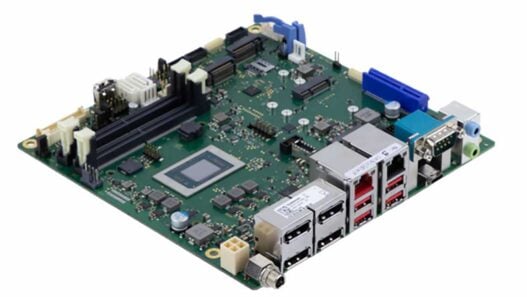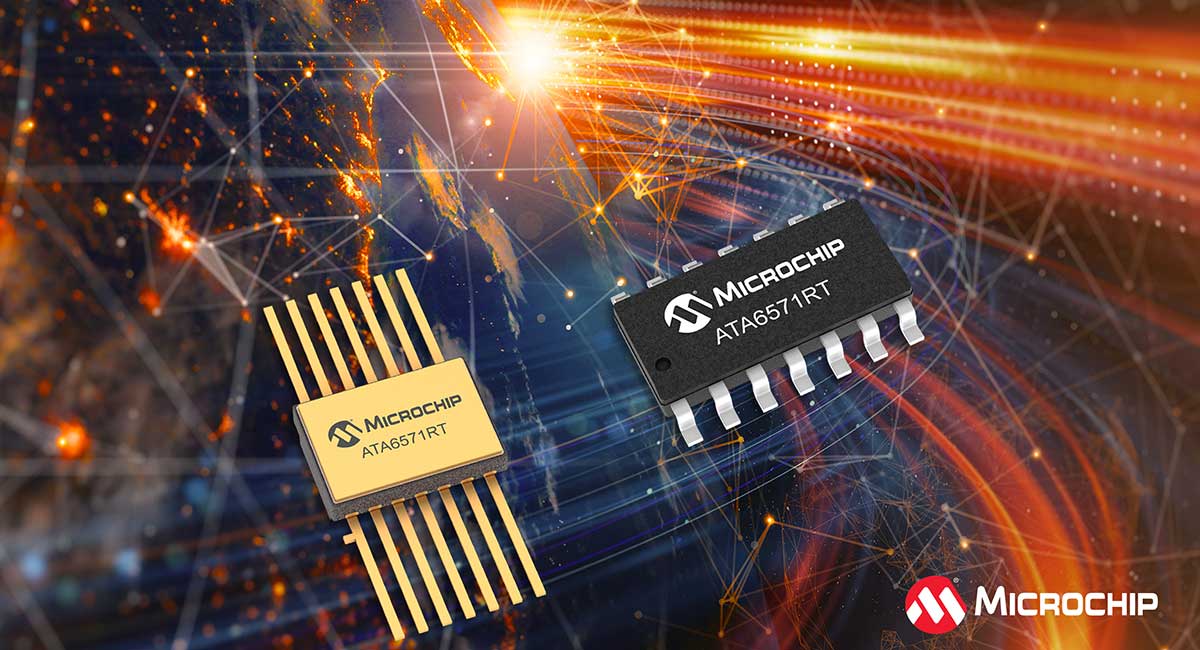Taking advantage of its expertise in NAND flash memory technology, ADATA is emphasizing the reliability and performance of the SX1000L. It employs static wear-leveling technology to maximize device mean time between failures (MTBF) to 1,500,000 hours, providing the long-term dependability required by high density computing and heavy load server operations. Available in 2.5” standard SATA form factor, the SX1000L implements the advanced controller technology to enhance read/write performance. Sequential read speeds reach 560 MB/sec, and sequential write is as high as 340 MB/sec, with IOPS of 73,000 and 45,000 (Maximum 4K random read and write, respectively).
The use of multi-level cell (MLC) NAND Flash memory combined with enhanced Flash chip sorting allows for outstanding sustained performance, lower latency, and superior endurance. Enhanced power-loss data protection, easy monitoring of the drive quality through SMART command, and flexible (user-defined) over-provisioning adjustment, all set the SX1000L apart from many similar models currently available. The long write endurance with 5 years warranty of the SX1000L makes it extremely suitable for read-centric servers such as web and VOD (Video on demand) servers. Notably, ADATA SX1000L provides greater over-provisioning with more efficient data compression than is often seen in general SSD controllers. Since in real-world applications most data is compressible, this means sustained performance, endurance and reliability all gain significant improvement.
The SX1000L SSD will be available in capacities of 100GB and 200GB.












